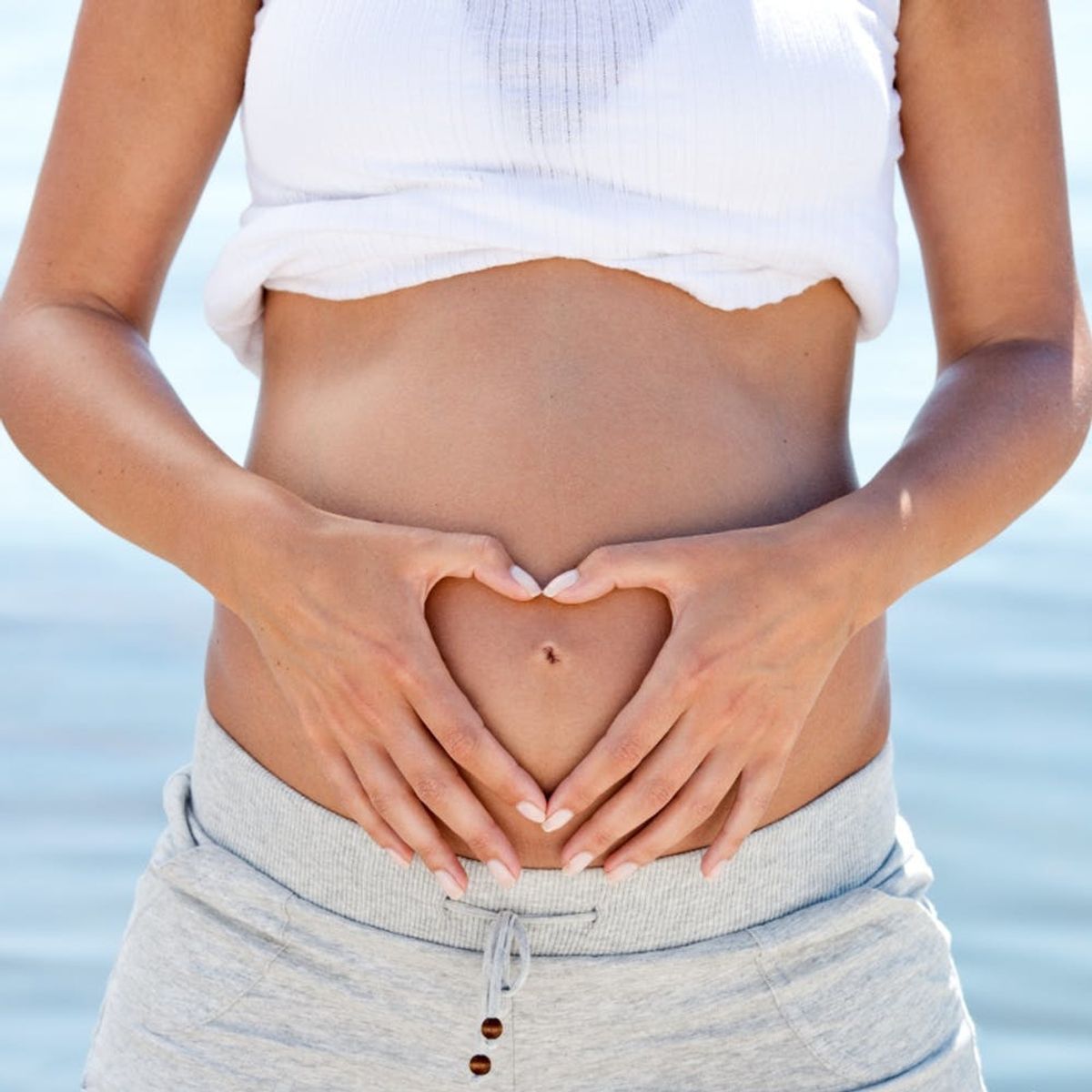New research may make older mama’s baby dreams come true.
This Hormone May Help Older Women Conceive

There are lots of reasons you may have put off having kids. Maybe your college internship turned into a real grown-up job, and your career has been on overdrive since. Maybe you were searching for the perfect partner with whom to co-parent, maybe you weren’t quite sure you wanted kids, or maybe *life* simply got in the way. Regardless, for women who begin trying to conceive at an “advanced” maternal age, figuring out the health implications can feel like navigating a minefield. Getting, and staying, pregnant when you’re a bit older isn’t always easy, but new research may mean that hope is on the horizon. Researchers investigating a new dehydroepiandrosterone (DHEA) therapy may have found a connection between this hormone and an increased likelihood of embryo implantation.

The Problem
As women age, trying to conceive gets harder. Our supply of eggs drops, the quality of those eggs goes downhill, and carrying a baby to term becomes more difficult. Even though 35 is far from elderly, by the time you reach the mid-30s mark, your chances of getting pregnant go down as the possibility of having a miscarriage rises. Given the increased incidence of fertility issues for “older” women, it’s no wonder researchers are looking for a way to help hopeful mamas conceive and deliver healthy babies.
The Study
Conducted by researchers from the University of Edinburgh and published in the journal Fertility and Sterility, this study looks at how a hormone called DHEA impacts uterine cells in women who are over 40. DHEA is found naturally in our bodies and helps produce other hormones, such as estrogen. The amount of DHEA in your body drops with age.
While the study didn’t test the role DHEA plays during an actual pregnancy, the researchers did look at what the hormone does to uterine tissue. By testing donated samples, the study’s scientists found that the proteins typically associated with implantation doubled when DHEA was added to the tissue.
The Conclusions
So what does this all mean? The increase in implantation-related proteins, caused by the addition of DHEA, could potentially help older mamas-to-be. If the lab results were to work on actual human beings, giving older women DHEA might make it more likely that fertilized eggs could implant. The increased chance of implantation could mean that women over age 40 would achieve higher rates of pregnancy. Women undergoing IVF could potentially benefit from this research as well.
The Takeaway
Before you put your baby dreams on hold indefinitely, know that even though this research is definitely promising, it’s still a ways away from becoming standard medical practice. As of now, DHEA supplements won’t help you to get or stay pregnant, and you should never take these supplements without consulting your doctor. Hopefully, with more research, DHEA will open up a world of possibilities to older moms.
What do you think about this new research? Let us know and tweet us @BritandCo!
(Photo via Getty)



















